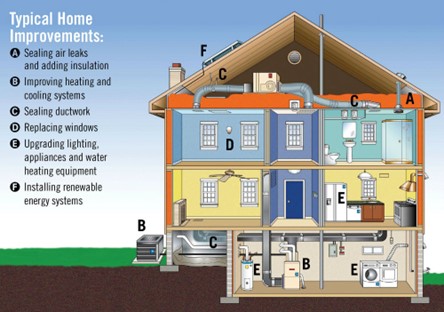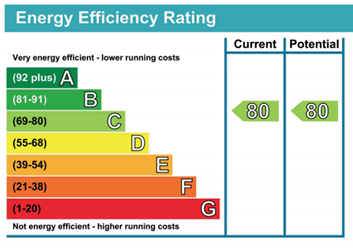
Building a Greener Future
I’m sure you’ve heard ESG a lot recently as the UK works towards achieving the ‘net zero by 2050’ goal. But how much do you know about ESG?
In brief terms, ESG is a set of standards defined by three broad pillars – environmental, social, and corporate governance. The first pillar is focused on green and sustainability efforts, the second on a company’s relationships with communities and the social impact, and the final pillar is focused on policies and decision making within a firm.
In the real estate industry, ESG can measure the impact of building homes, their place and role in the community, and the interaction between stakeholders in the industry. Given the importance of climate change, ESG has become an increasingly important point of consideration for property investors in the UK.
The built environment is a major contributor to greenhouse gas emissions worldwide and the UK accounts for 42 percent of those emissions. To achieve the ‘net zero by 2050’ goal, individuals who shape the property are at the forefront of those who will drive the future.
The housing stock in the UK is part of the problem, 20 percent of homes were built before 1919. New homes are more energy efficient than old homes, however, 80 percent of all homes that will exist in 2050 have already been built, working on current properties is a huge priority.
The government announced new requirements for the Energy Performance Certificate (EPC). The EPC is a rating for a property’s energy efficiency. It has seven grades, from A to G, with A indicating the best energy efficiency and G, the worst.

All rental properties will need an EPC rating of C to be legal, and new tenancies will be required to achieve this target by 2025. As of the 1st of April 2023, it is unlawful to continue to let a commercial property with an F or G EPC rating even if the lease was granted prior to the MEES Regulations 2018.
So how can we as property professionals help improve energy efficiency?
Properties can be improved by upgrading several building features, including windows, insulation, and heating systems. As surveyors, we should include such improvements when specifying works to properties. When undertaking homebuyer surveys, we should look out for areas the new owner can improve to increase their rating and items they should consider before purchasing a property.

The UK is striving to meet the ‘net zero by 2050’, and we all have a part to play.
For more information on how we can assist or provide general advice please email your inquiry to info@spectrumpservices.co.uk or fill out the contact us box and we’ll be in touch!


